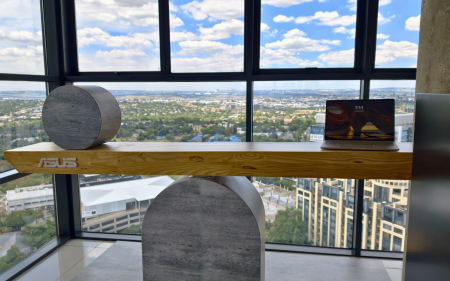Starting on 1 November, the Google Play Store will hide apps that are more than two years behind the latest Android OS release. Why? For security, apparently.
Any apps that don’t meet the requirements will no longer be discoverable or installable. The exception is if the user’s Android device is itself two years behind the latest OS release.
Google explained in its announcement that each Android OS update brings privacy, security, and user experience improvements.
The thinking behind this change is simple. Android believes users currently running the latest updates expect only the best when it comes to their privacy and security. And they’re not wrong. By concealing defunct apps altogether, Google can prevent users from downloading older apps that don’t have the required level of security.

What will Google change?
Well, not much. Google already requires newly published apps to be no more than one OS release behind in terms of support. So any new content loaded to the Play Store must support Android 11 or better. The policy being changed only targets apps that are defunct on the Play Store. This means that with the new system in place, new apps must be dormant for almost two years before being removed.
You may be wondering what will happen to the apps that are out of date on your own device. Never fear – any apps a user already has on their account will remain discoverable and usable.
Come 1 November, the Play Store’s new rules will fall into place. This is just in time for the possible release of Android 13, which is expected around the same time. Anything that doesn’t support Android 11 will then vanish from your searches unless you’re using an Android 10 device. We’re sure there’s a reason. We’ll try not to judge.




